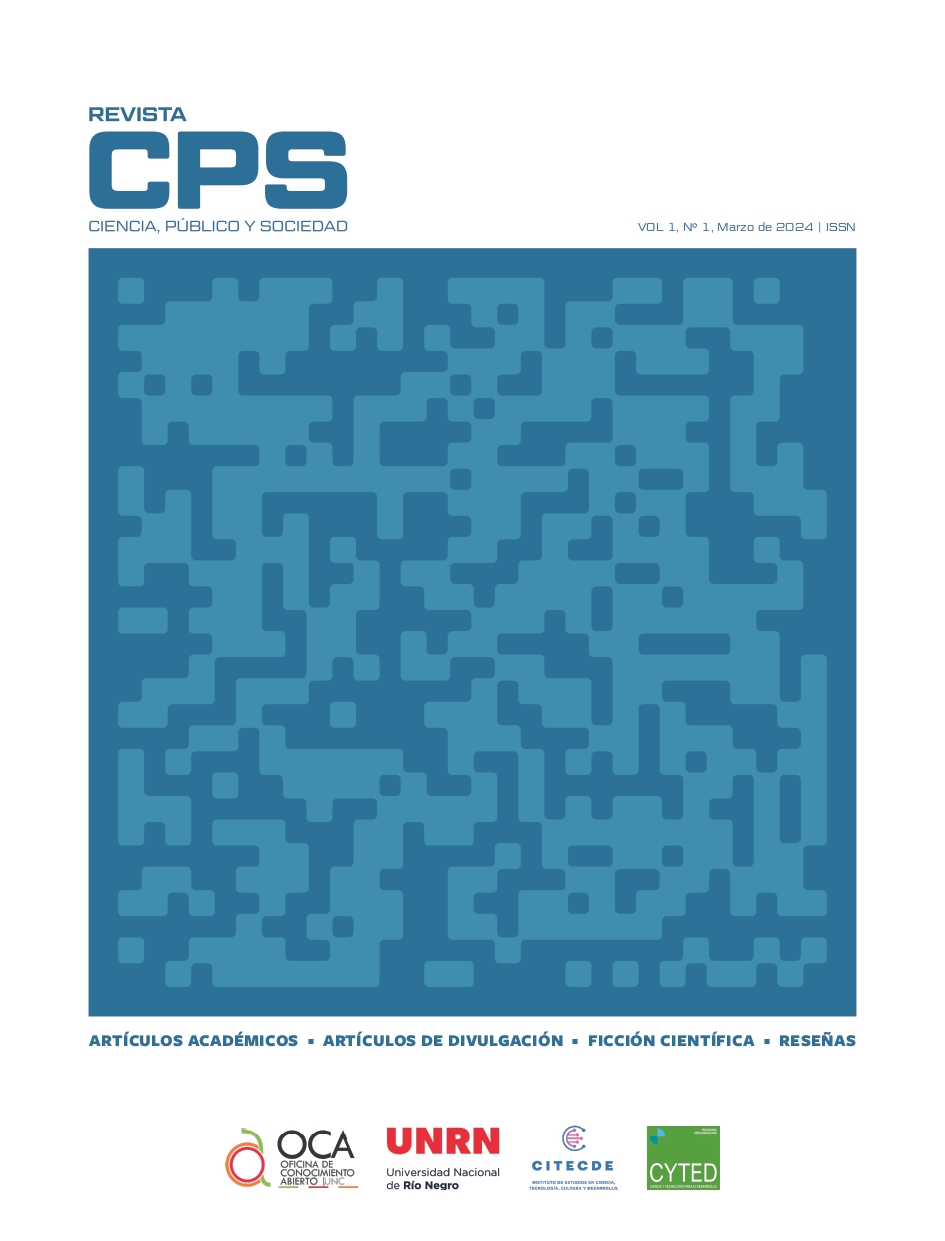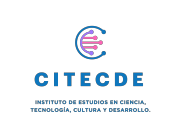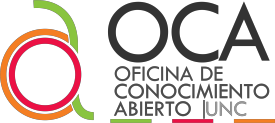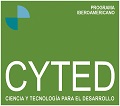Citizen science to make new actors and new views visible. Diagnosis and perceptions about its implementation in Spain
Keywords:
citizen science, Spain, Open Science, citizen participationAbstract
This paper presents the results obtained in different research projects in which citizen science is one of the main components. The case of Spain is studied with the aim of making a diagnosis of citizen science actions (projects, scientific publications, initiatives) developed in the last decade. Likewise, the perception of citizen science by teacher-researchers (PDI) and citizens is collected. Finally, a case of co-creation is presented in which different social actors use citizen science to explore urban spaces with a more inclusive approach. The results show that formal academic activity on citizen science is still in its infancy, although there are numerous intervention initiatives. In terms of perception, the IDP is not very informed about citizen science actions and there do not seem to be explicit generalized policies at the institutional level for its promotion. Citizens show little knowledge on the subject, but a positive and confident vision regarding the benefits that citizen science can offer in response to local problems.
References
Anglada, L. (2022). España está lejos de la zona Champions en Ciencia Abierta. Parte 1ª. Espacios de educación superior, 26.
Abadal, E. (2021). Ciencia abierta: un modelo con piezas por encajar. Arbor, vol. 197, n.º 799, a588.
Abad-García, M.F, González-Teruel, A., Abadal, E., & Ollé-Castellá, C. (2022). Las universidades españolas y la ciencia abierta: un estudio sobre barreras y elementos favorecedores. BiD: textos universitaris de biblioteconomia i documentació, 49. https://doi.org/10.1344/BiD.2022.49.18
Belansky, E.S, Cutforth, N, Chavez, R.A, Waters, E., & Bartlett-Horch, K. (2011). An adapted version of intervention mapping (AIM) is a tool for conducting community-based participatory research. Health Promot. Pract., 12, 440–455.
Conrad, C.C., & Hilchey, K.G. (2011). A review of citizen science and community-based environmental monitoring: Issues and opportunities. Environ. Monit. Assess., 176, 273–291.
CORIDS (2024). Horizon dashboard. Country profile. Accesible en: https://dashboard.tech.ec.europa.eu
De Filippo, D. & Lascurain, M. L. (2021). Actividad científica de las universidades españolas sobre open science. Análisis de proyectos y publicaciones sobre open science y repercusión en redes sociales - Entregable 3. Zenodo. Disponible en: https://doi.org/10.5281/zenodo.5136933
De Filippo, D., Bautista-Puig, N., Mauleón, E., y Sanz-Casado, E. (2018). A bridge between society and universities: a documentary analysis of science-shops. Publications, 6(3), 36.
De Filippo, D., Lascurain-Sánchez, M.L.; Sánchez, F. (2023). Mapping open science at Spanish universities. Analysis of higher education systems. Profesional de la información, 32(4), e320406. https://doi.org/10.3145/epi.2023.jul.06
European Commission. (2018). Open Science Policy Platform Recommendations. Disponible en: https://ec.europa.eu/research/openscience/pdf/integrated_advice_opspp_recommendations.pdf#view=fit&pagemode=none (consultado el 18 de marzo de 2024).
Everett, G., & Geoghegan, H. (2016). Initiating and continuing participation in citizen science for natural history. BMC Ecology and evolution, 16(13). https://doi.org/10.1186/s12898-016-0062-3
Farkas, N. (1999). Dutch science-shops: matching community needs with university R&D. Science Studies, 12(2), 33–47.
Fischer, C., Leydesdorff, L., & Schophaus, M. (2004). Science-shops in Europe: the publicas stakeholder. Science and Public Policy, 31(3), 199–211. DOI: 10.3152/147154304781780028.
Follett, R., & Strezov, V. (2015) An analysis of citizen science based research: Usage and publication patterns. PLoS ONE, 10, e0143687.
FOSTER. (2016). Open science definition. Disponible en: https://www.fosteropenscience.eu/taxonomy/term/100 (consultado el 18 de marzo de 2024).
González-Teruel, Aurora; López-Borrull, Alexandre; Santos-Hermosa, Gema; Abad-García, Francisca; Ollé, Candela; Serrano-Vicente, Rocío (2022). Drivers and barriers in the transition to open science: the perspective of stakeholders in the Spanish scientific community. Profesional de la información, v. 31, n. 3, e310305. https://doi.org/10.3145/epi.2022.may.05
Haklay, M. M., Mazumdar, S., & Wardlaw, J. (2018). Citizen science for observing and understanding the earth. En Earth Observation Opens Science and Innovation; Springer: Berlin, Alemania, pp. 69–88.
Irwin, A. (1995). Citizen science: A study of people, expertise and sustainable development. Routledge: Abingdon, Reino Unido, vol. 216.
Lascurain, M.L, Sánchez, F., & Sastrón-Toledo, P. (2023) La ciudad con perspectiva de género: una aproximación desde la ciencia ciudadana En XIV Congreso iberoamericano ciencia, tecnología y género, Madrid 13-15 de septiembre de 2023.
Leonelli, S., Spichtinger, D., & Prainsack, B. (2015). Sticks and carrots: Encouraging open science at its source. GEO. Geography and environment., 2, pp.12–16
Leydesdorff, L., & Ward, J. (2005). Science-shops: a kaleidoscope of science–society collaborations in Europe. Public Understanding of Science, 14(4), pp. 353-372.
Mejlgaard, N., Woolley, R., Bloch, C., Bührer, S., Griessler, E., Jäger, A., Lindner, R., Madsen, E. B., Maier, F., Meijer, I., et al. (2018). Europe’s plans for responsible science. Science, 361, pp. 61–762.
Ministerio de Ciencia e Innovación. (2021). EECTI: Estrategia española de ciencia, tecnología e innovación 2021-2027. Disponible en: https://shre.ink/8xuV
Novitzky, P., Bernstein, M. J., Blok, V., Braun, R., Chan, T. T., Lamers, W., ... & Griessler, E. (2020). Improve alignment of research policy and societal values. Science, 369(6499), pp. 39-41.
Oltra, A., Piera, J., & Ferrando González, L. (2022). Breve guía sobre Ciencia Ciudadana CSIC. Disponible en: https://www.csic.es/sites/default/files/2023-06/guia_ciencia_ciudadana_csic_2022.pdf
Pelacho, M., Clemente, M. R., & Clemente-Gallardo, J. (2018). Ciencia ciudadana: ¿un nuevo paradigma en el siglo XXI? CXTX Contexto y acción. 190 Disponible en: https://ctxt.es/es/20181010/Firmas/22206/ciencia-ciudadana-gasto-publico-investigacion.htm (consultado el 5 de noviembre de 2018).
Raddick, M. J., Bracey, G., Gay, P. L., Lintott, C. J., Cardamone, C., Murray, P., Schawinski, K., Szalay, A. S., & Vandenberg, J. (2013). Galaxy Zoo: Motivations of citizen scientists. arXiv:1303.6886.
Research Information Network. (2010). Open Science Case Studies. Disponible en: http://www.rin.ac.uk/system/files/attachments/RINews_Issue_11_0.pdf (consultado el 5 de octubre de 2023).
Sánchez, F., & De Filippo, D. (2022). Informe sobre los conocimientos, actitudes y valoraciones de la ciencia abierta. Análisis de los procedimientos, barreras, limitaciones, elementos facilitadores para fomentar la ciencia abierta en las universidades. Entregable 4. Zenodo. Disponible en: https://doi.org/10.5281/zenodo.6509944
Sanz-García, F., Pelacho, M., Ibañez, M. C., Guardia, L., Lisbona, D., Ondiviela, S., ... Gavete, B. (2021). Informe del Observatorio de la Ciencia Ciudadana en España 2020-2021 (2.0). Zenodo. Disponible en: https://doi.org/10.5281/zenodo.554234
Silvertown, J. (2009). A new dawn for citizen science. Trends in ecology and evolution, 24, pp. 67–71.
Sullivan, B. L., Wood, C. L., Iliff, M. J., Bonney, R. E., Fink, D., & Kelling, S. (2009). eBird: A citizen-based bird observation network in the biological sciences. Biological Conservation, 142(10), pp. 2282-2292.
Tauginienė, L., Butkevičienė, E., Vohland, K., Heinisch, B., Daskolia, M., Suškevičs, M., ... & Prūse, B. (2020). Citizen science in the social sciences and humanities: The power of interdisciplinarity. Palgrave Communications, 6(1), pp. 1-11.
Wright, L.A., King, D.K., Retrum, J.H., Helander, K., Wilkins, S., Boggs, J.M., Portz, J.D., Nearing, K., & Gozansky, W.S. (2017). Lessons learned from community-based participatory research: Establishing a partnership to support lesbian, gay, bisexual and transgender ageing in place. Fam. Pract.
Downloads
Published
Issue
Section
License

This work is licensed under a Creative Commons Attribution-NonCommercial-ShareAlike 4.0 International License.
Commercial use of the original work and any derivative works is not permitted, and distribution of derivative works must be made under a license equal to that which governs the original work.






